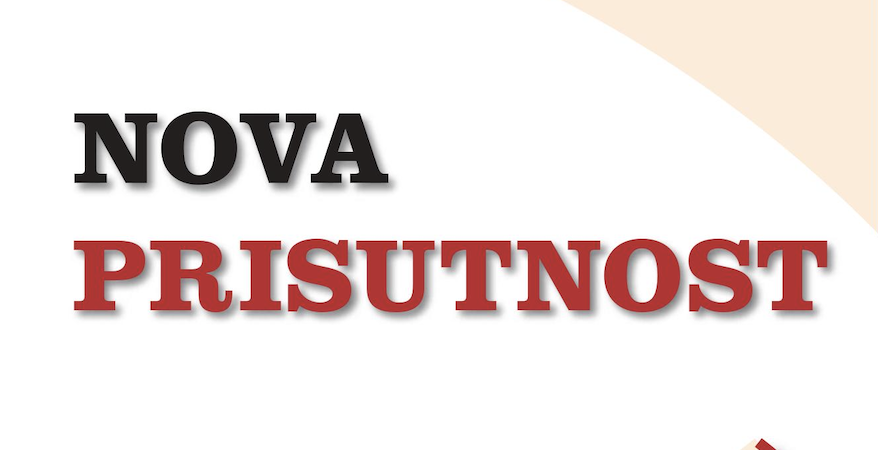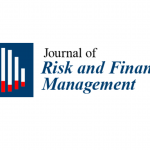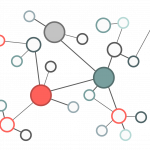Marinko Leš, PhD, Independent Researcher, and Damir Demonja, PhD, Senior Scientific Adviser on Permanent Position, from the Department for International Economic and Political Relations, Institute for Development and International Relations, IRMO are published the review scientific paper Depictions of Dementias in Recent Film Adaptations as a Way of Social Awareness in the scientific journal New Presence – Journal of Intellectual and Spiritual Issues“, indexed in the Web of Science Core Collection (WoSCC) – Emerging Sources Citation Index (ESCI), SCOPUS, CSA Sociological Abstracts database, DOAJ, EBSCO, ERIH Plus, HRČAK, Index Copernicus, Religious & Theological Abstracts (Myerstown, USA) and Worldwide Political Science Abstracts databases with impact factors in the first (Q1) (religious sciences) and second (Q2) quartiles (philosophy).
The full text is available at: https://hrcak.srce.hr/file/406674.
Abstract
On a global public health problem, the growing number of people with dementia, especially the Alzheimer’s type, sensibly speaks film industry. Given the wide visibility and accessibility to all groups, the film plays a significant role in approaching, according to experts, the leading diseases of today, which affects the cells of the cerebral cortex and the surrounding structure, primarily the hippocampal region, causing patients to lose mental, physical and mental abilities. Three films that are more recent productions have been analyzed and all three have experienced considerable commercial success, therefore wide visibility, and deal with the problem of dementia as their backbone. The film The Father shows the cruelty of dementia »from within«, Still Alice almost in documentary manner follows the development of the disease, while in Supernova we follow the initial features of frontotemporal dementia. Observing the film as a cultural by-product, at the same time very visible, its role in shaping the social perception of a certain topic is highly important. Cultural artefacts dealing with Alzheimer’s disease in general, film in particular, contain some responsibility in socially accepting or, on the other hand, marginalizing the people who live with it. They shape the way we think and even act in relation to illness, and as film acts as a mirror of social reality, its power is to make some change or at least a reaction. It can be concluded that the film really contributes to awareness and understanding. The film can raise awareness that dementia is not the same as old age, forgetfulness or, even, that global loss of cognitive abilities is not insanity by choice, and that family and close friends caring for such patients also strongly suffer.
Key words
Alzheimer’s disease, awareness, dementia, film, society





